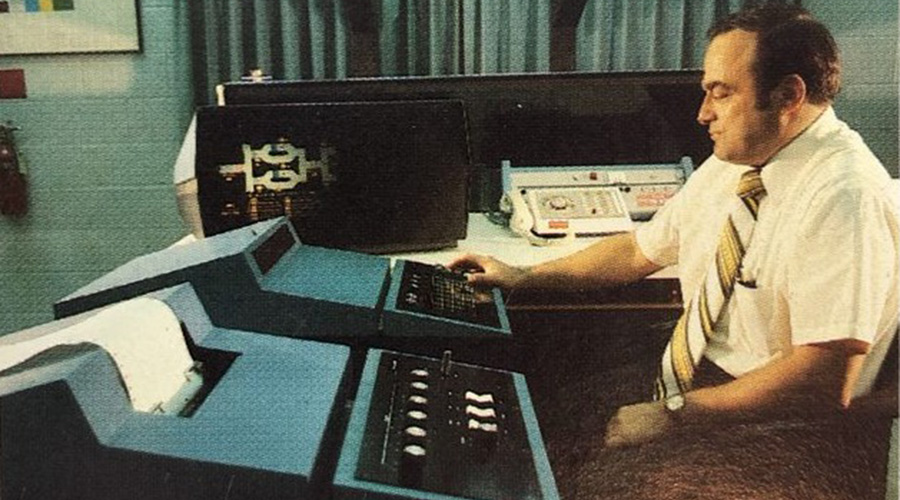ASHRAE Legionella Standard: Monitoring, Disinfection, Legal Considerations
Monitoring for Legionella
is the key to prevention. Testing your water system is the only way to confirm
the presence of Legionella. Studies
show there are no substitutes for testing — including the temperature,
chlorine, and disinfectant residual — that can predict the presence or absence
of Legionella. For example, total
bacterial counts (HPC) aren't predictive of the presence or absence of Legionella. Simply put, if you don't
test, you don't know. Leading experts in the detection and remediation of Legionella have recommended culturing
water to assess risk and to verify the efficacy of disinfection.
Disinfection
If a Legionnaires' disease or Pontiac fever
outbreak is suspected to have originated from your water system, ASHRAE 188
requires disinfection. Chemical and thermal systems or a combination are recommended.
Selecting a disinfection method that works best requires analysis based on
efficacy, cost, installation and maintenance. No disinfection technique can be
successful without a conscientious monitoring program and a committed staff. If
a disinfection system is installed, Legionella
site positivity and disinfectant concentrations need to be routinely
monitored — often for the life of the system.
Legionella
Expertise Recommended
While the standard goes a long way in providing
guidance to control Legionella, it is
by no means an exhaustive guide for effective prevention and disinfection.
Indeed, according to some industry experts, some of the methods of disinfection
mentioned in the standard are of questionable effectiveness in controlling Legionella. Given that Standard 188
requires that the risk assessment team include persons knowledgeable in Legionella and HACCP, this may require
seeking outside consultation with professionals. In addition, we recommend
reviewing other guidance documents and current publications on the prevention
and control of Legionnaires' disease (see www.legionella.org).
Impact of
Standard 188 on Legal Liability
Where ASHRAE Standard 188 is adopted in building
codes, it will have the force of law. Even where
not formally made part of a code, standards such as this are often argued to
establish best practices for the industry. Compliance with a standard can
assist in establishing compliance with the industry standard of care. Conversely,
if compliance is not attempted or achieved, you can expect that a plaintiff
will argue that the defendant(s) could have acted to prevent the injury but
chose not to do so.
While the increased accountability contained in
Standard 188 will call for increased risk management, compliance with these
measures should translate into greater protection from accusations of
negligence in those instances where illness or death is alleged to have
occurred.
Facility managers following guidelines issued by
organizations other than ASHRAE may want to do more research or seek assistance
on how to develop, implement, and maintain your plan to comport with ASHRAE
Standard 188. In addition, using both an accredited and CDC-ELITE (Environmental Legionella Isolation Techniques
Evaluation) certified lab for Legionella testing can give you the
confidence your treatment methods are capably performed and save you time and
money. Overall, the new ASHRAE standard gives facility managers the basic steps
they need to implement a plan to control
Legionella while saving lives and avoiding the time and expense of
contentious claims and litigation.
Janet E. Stout, Ph.D., is director, Special
Pathogens Laboratory in Pittsburgh, Penn. A microbiologist, she is an
internationally recognized expert on Legionnaires' disease, and is on the
ASHRAE committee responsible for the proposed ASHRAE standard. She can be reached at
jstout@specialpathogenslab.com.
Garry R. Boehlert, Esq., is a partner in the
Washington, D.C., office of Saul Ewing, LLP. He is experienced in Legionellosis
litigation. He can be reached at gboehlert@saul.com.
Related Topics:














